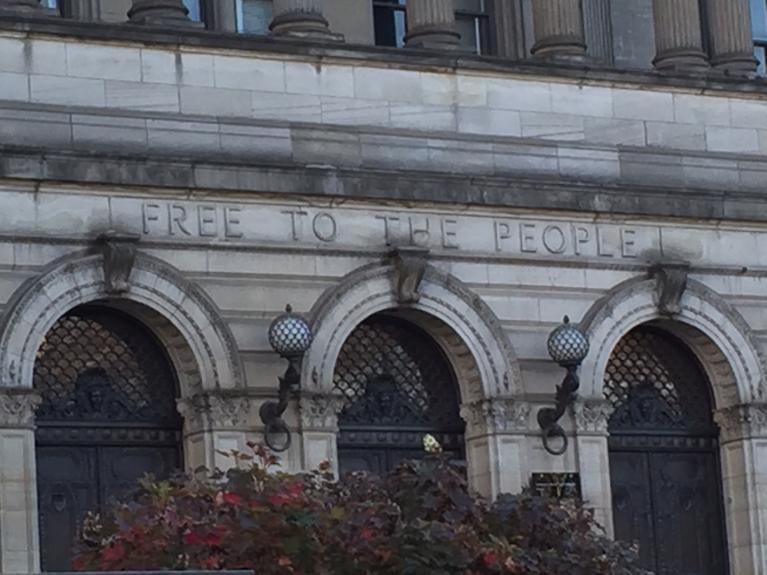Elizabeth Kolbert and Me
By Lavender_GoomsNovember 9, 2015 - 12:55

The switch from Ruth Ozeki's fictional novel to Elizabeth Kolbert's nonfiction is one that took a while to adjust. It might just be that I am suffering from what some people call a 'book hangover'- the inability to start a new book because the old one is still fresh in your mind. Although I found Kolbert's book interesting, I was still longing for the element of relationships and family that was in All Over Creation. Had we first read Kolbert's book think I would have been able to enjoy it more than having read Ozeki's first.










